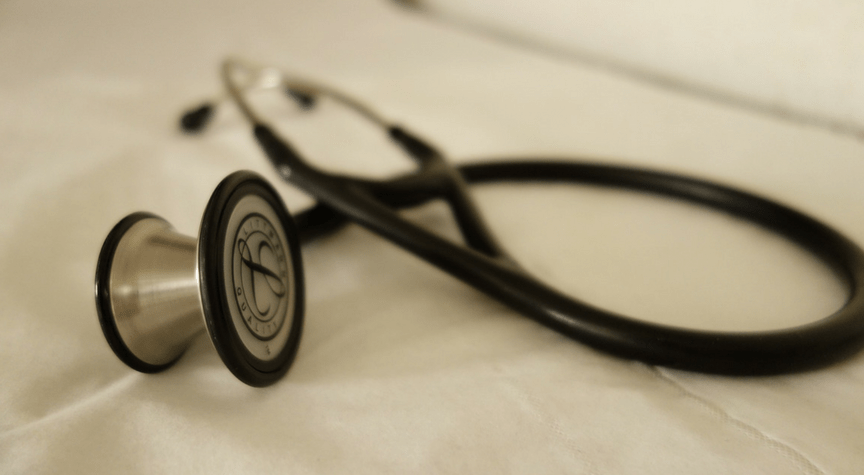More people die in the U.S. from medical malpractice than from cancer or motor vehicle accidents. A recent study by researchers at Johns Hopkins Medicine says medical errors should rank as the third leading cause of death in the United States as nearly 250,000 Americans die each year as a result. Read the study here.
Medical malpractice occurs when a health care provider or hospital deviates from accepted norms of practice and fails to act with a reasonable standard of care, causing a new or aggravated injury to the patient. Some examples of medical malpractice include:
- Failure or delay in diagnosing a medical condition (or misdiagnosing it)
- Surgical or anesthesia-related mishap during an operation
- Failure to disclose to the patient the risks associated with a procedure – so that ‘informed consent’ is never obtained
- Failure to manage a pregnancy or deliver a baby in a safe manner
- Failure to properly treat a medical condition after making a correct diagnosis
- Failure to administer medications properly
Through the legal system, victims of medical malpractice and their families can seek damages for their injuries. In any medical malpractice case, a plaintiff must introduce evidence that establishes three key elements:
Negligence – This means that the health care provider or hospital failed to take the reasonable steps that another professional in their shoes would have.
Proximate cause (immediate) – it is essential to prove that the health care provider’s negligence did in fact cause the plaintiff’s injuries. In short: The injury wasn’t a one-in-a-million occurrence, but something likely to happen given the provider’s negligence.
Damages – The amount of money a plaintiff might be awarded during a lawsuit. However, in medical malpractice cases, damage takes into consideration the physical, emotional and financial suffering the plaintiff has experienced as a result of the incident.
Failure to prove any one of these key elements means that the plaintiff has not made their case. Medical malpractice litigation is a complicated, challenging area of the law. With so much on the line, it must be handled by the most experienced team of medical malpractice attorneys. For over 50 years, Babbitt & Johnson P.A. has been committed to representing our clients to help them get the justice they deserve.
Our Florida medical malpractice attorneys give you an honest assessment of your case and explain your legal options. You can reach us by phone at (561) 375-2841 or online. We handle cases on a contingency basis meaning you won’t be charged any attorney fees unless we win.
Sources:
https://www.babbitt-johnson.com/hospital-malpractice-lawyers/
https://www.babbitt-johnson.com/blog/the-three-key-elements-in-a-medical-malpractice-case/
https://www.documentcloud.org/documents/2822345-Hopkins-CDC-letter.html
http://www.ncbi.nlm.nih.gov/pmc/articles/PMC2628513/
